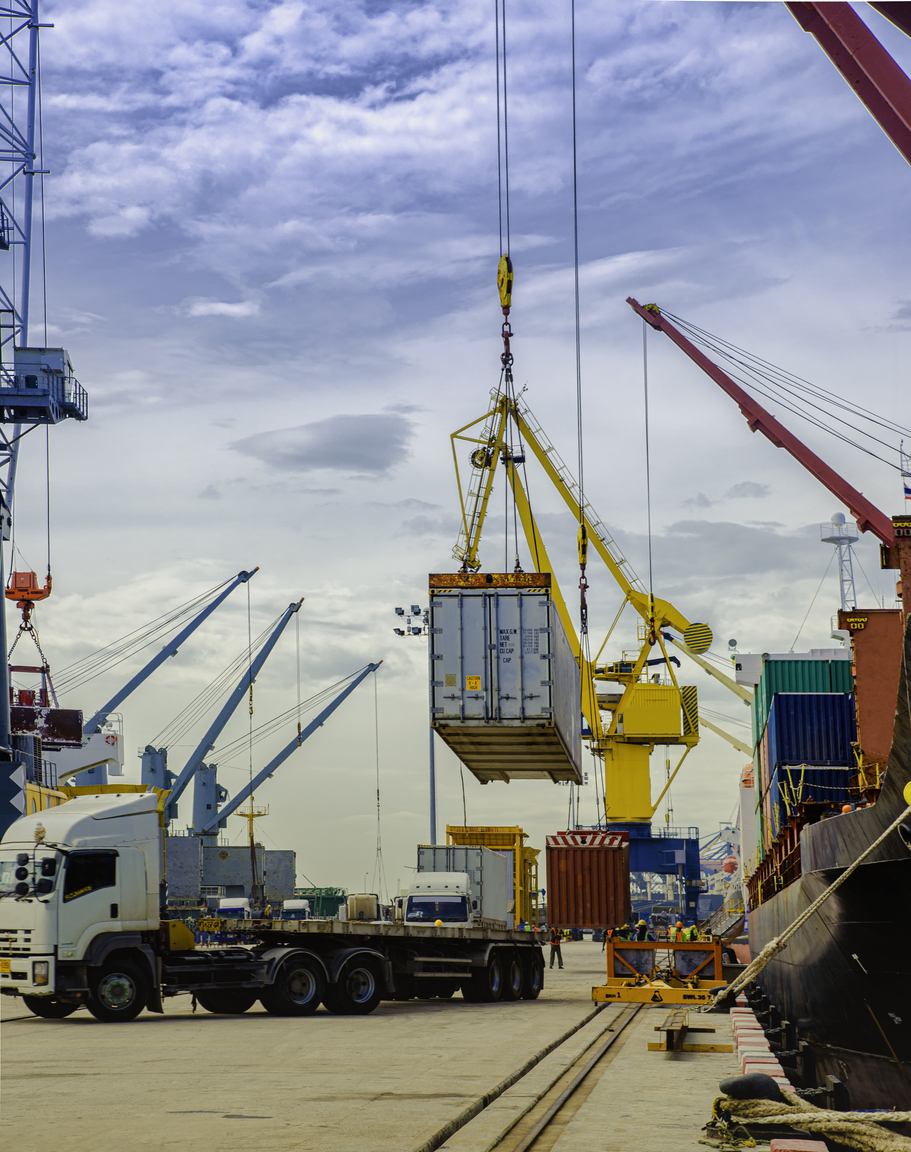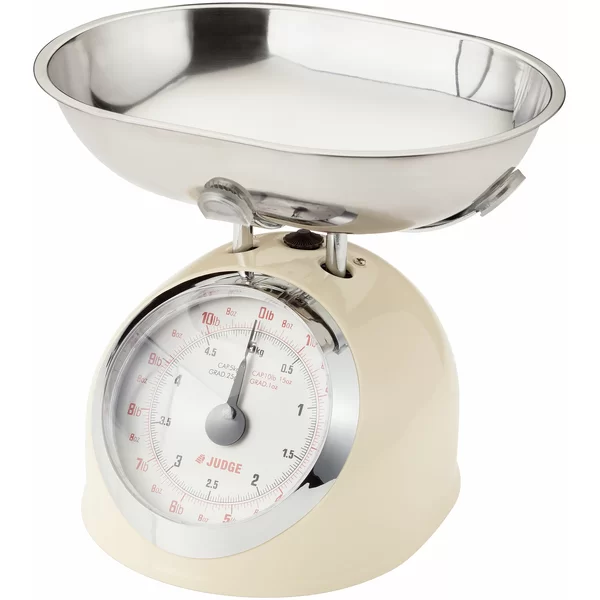Navigating Customs: Understanding the Import and Export Requirements for Turkey and Burkina Faso
Navigating Customs: Understanding the Import and Export Requirements for Turkey and Burkina Faso
Are you planning to import or export goods to Turkey or Burkina Faso? Navigating customs can be a daunting task, but it doesn’t have to be. To ensure a smooth and hassle-free process, it’s crucial to understand the import and export requirements of these countries. In this blog post, we’ll delve into the intricacies of customs regulations in Turkey and Burkina Faso so that you can confidently navigate your way through the process with ease. So buckle up, grab a cup of coffee, and let’s explore the world of international trade!
Introduction to Wigmore Trading
Wigmore Trading is a leading international trade and investment company. We specialize in the import and export of a wide range of products and services. We have a strong focus on developing countries, particularly in Africa and the Middle East.
We are a family-owned business with a long history in the international trade industry. Our company was founded in London in 1876, and we have been actively involved in trade since then. We have an extensive network of contacts and partners around the world, which allows us to offer our clients a comprehensive service.
We are committed to providing a high level of customer service and satisfaction. We strive to meet the needs of our clients, and to exceed their expectations.
Overview of Turkish Customs Regulations
Turkey has a complex system of customs regulations that can be confusing for businesses operating in the country. The following is an overview of the main customs requirements for importing and exporting goods to and from Turkey:
1. All shipments into Turkey must be declared to Customs.
2. A detailed description of the goods, including HS codes, must be provided on the declaration form.
3. Certain items may require an import or export license.
4. Goods may be subject to inspection by Customs officials upon arrival in Turkey.
5. Some items may be restricted or prohibited from being imported into or exported from Turkey.
6. Payment of duties and taxes is required on all imports into Turkey.
7. Export declarations must be filed for all shipments leaving Turkey.
Understanding Burkina Faso’s Customs Requirements
When it comes to importing and exporting, there are a number of requirements that must be met in order to ensure a smooth process. This is especially true when dealing with customs. Each country has their own unique customs requirements that must be followed in order for shipments to be processed correctly.
Burkina Faso is no exception. If you are planning on shipping to or from Burkina Faso, it is important to familiarize yourself with the country’s customs requirements. By doing so, you can avoid any potential delays or issues.
Some of the key customs requirements for Burkina Faso include the following:
All shipments must be accompanied by a commercial invoice. This invoice must include detailed information about the goods being shipped, such as a description, quantity, value, and HS code.
Shipments valued at over $2,000 USD must also include a packing list. This list should detail the contents of each package being shipped.
All shipments MUST be declared on a Single Administrative Document (SAD). The SAD is an electronic document that is used to declare all imports and exports to Burkina Faso Customs. It is important to note that the SAD MUST be completed in French.
Failure to complete the SAD correctly can result in delays or even rejection of your shipment.
In addition to the above documents, all shipments destined for Burkina Faso must also include a Certificate of Origin (CO). The CO is used to prove
Comparing the Different Import/Export Taxes and Fees Between the Two Nations
When it comes to importing and exporting goods between Turkey and Burkina Faso, there are a few key things to keep in mind in terms of taxes and fees. First, it’s important to note that Turkey is a member of the World Trade Organization (WTO), while Burkina Faso is not. As such, Turkey is subject to the WTO’s import and export regulations, while Burkina Faso is not. This means that there may be some differences in the taxes and fees applied to goods imported into or exported from these two countries.
In terms of import taxes, Turkey imposes a value-added tax (VAT) of 18% on most imported goods. However, there are a few exceptions to this rule, such as for certain food items, which are subject to a VAT of 8%. Additionally, Turkey imposes an import duty of 2-5% on most goods. Again, there are a few exceptions to this rule, such as for certain agricultural products, which are subject to a lower import duty of 0.5-2%.
Burkina Faso does not have a VAT system in place. Instead, it imposes an import duty of 10% on most goods. However, there are a few exceptions to this rule as well, such as for certain food items and pharmaceuticals, which are subject to a lower import duty of 5%. Additionally, Burkina Faso charges an excise tax of 10% on all imported alcohol and tobacco products.
Choosing a Logistics Partner: What to Look For
When choosing a logistics partner, it is important to consider their experience in navigating customs requirements for both importing and exporting. In addition, you’ll want to inquire about their network reach and whether they have any established relationships with key customs officials in Turkey or Burkina Faso. It is also important to consider the size and scale of the company’s operations to ensure they are able to handle your specific needs. Be sure to get quotes from multiple logistics partners before making your final decision.
Tips for Choosing an Experienced Shipping Company that Understands Your Needs
When choosing a shipping company to help you with your importing or exporting needs, it is important to choose one that has experience with the specific requirements of your destination country. For example, if you are shipping to Turkey, you will need a company that is familiar with the customs regulations of that country. The same is true for Burkina Faso. A good shipping company will be able to help you navigate the customs process and make sure that your shipment arrives safely and on time.
Here are some tips for choosing an experienced shipping company:
1. Ask for recommendations from friends or business associates who have shipped to your destination country before. They can offer first-hand insights into which companies provided good service and which ones to avoid.
2. Do some research online and read reviews of different shipping companies. Pay attention to both positive and negative reviews to get a balanced picture.
3. Get in touch with the shipping companies you are considering and ask them about their experience with shipments to your destination country. Be sure to ask about any potential problems they anticipate and how they would handle them.
4. Make sure you understand the pricing structure of the shipping company you choose. Some companies charge by weight, while others charge by volume or distance. Be clear on what you will be paying before you commit to using their services
Conclusion
Understanding the import and export requirements of Turkey and Burkina Faso can be a daunting task. However, with careful research and planning, you can successfully navigate customs in both countries. It is important to read up on regulations before traveling to avoid any potential problems or costly fines. By following these guidelines, your trip should go smoothly without any disruptions caused by incorrect paperwork or unfulfilled procedures.








Comments are closed.